Lost Springs Campground Introduce
For Washington residents seeking a truly off-the-beaten-path camping experience, Lost Springs Campground might appear on maps as an intriguing option. However, it's crucial to approach this potential destination with a thorough understanding of its unique characteristics and the specific challenges that may arise. Unlike highly developed state or national park campgrounds, Lost Springs presents an opportunity for a more primitive, less regulated encounter with Washington's diverse landscapes. This guide aims to provide essential, factual information to help local campers make informed decisions and prepare responsibly for a visit to an area that might require specific considerations and respect for local conditions.
This comprehensive overview is specifically designed for Washington locals, offering a clear and factual account of what to expect (and what to be mindful of) regarding Lost Springs Campground. We will discuss its general location within Washington and the implications for accessibility, highlight the minimal (or absent) services that might be expected, and address critical features and potential challenges as indicated by real customer experiences. Our goal is to equip you with the knowledge necessary to approach this type of camping responsibly, emphasizing the importance of permits, respect for local customs, and awareness of the environment to ensure a safe and respectful outdoor adventure.
Lost Springs Campground, from the perspective of public information, appears to represent a type of informal or dispersed camping area rather than a formally managed campground with extensive amenities. This distinction is vital for Washington campers who are accustomed to state parks or national forests. The nature of such sites often means a higher degree of self-reliance is required, and understanding local nuances becomes paramount. The feedback from real customers provides critical insights into the realities of camping in this specific location, hinting at a landscape that is both beautiful and potentially complex due to local dynamics.
The concept of "lost springs" suggests a natural water source, which historically would have made such a location attractive for camping. However, the modern context, especially in a state like Washington with diverse land ownership, adds layers of consideration. For local residents, this means that while the allure of a remote, undisturbed site is strong, careful research and preparation are non-negotiable. This overview will guide you through these considerations, helping you navigate the potential complexities and encouraging a responsible approach to experiencing the lesser-known camping spots that Washington offers.
Based on the provided information, Lost Springs Campground is located generally within Washington, USA. However, the lack of a specific street address (beyond "Washington, USA") combined with customer reviews, strongly suggests this is not a traditional, well-marked, or formally managed campground. It is likely a dispersed or primitive camping area, potentially on or near private, tribal, or unmanaged public lands.
The accessibility of Lost Springs Campground is inferred to be challenging and requires careful consideration:
- Potential for Tribal or Private Land: The review mentioning "natives won't let motorcycles on their land as well need a permit" is a critical indicator. This strongly suggests that the access roads or the camping area itself might be on tribal land or private property. If this is the case, obtaining a specific permit or permission from the relevant tribal authority or landowner is absolutely essential before attempting to access or camp. Disregarding these regulations can lead to trespassing charges and negative interactions.
- Unspecified Road Conditions: Without a specific address or road name, it's impossible to determine exact road conditions. However, dispersed or primitive sites often involve unpaved, rough, or unmaintained roads that may require high-clearance vehicles or 4x4 capabilities, especially during adverse weather.
- Motorcycle Restrictions: The specific mention of "natives won't let motorcycles on their land" indicates a restriction on certain types of vehicles. Motorcycle campers should be particularly aware of this and respect any such rules. This could extend to other off-road vehicles as well.
- Lack of Formal Signage: Given its likely informal nature, Lost Springs Campground may lack clear signage directing visitors. Navigation might rely on detailed maps, GPS coordinates, or local knowledge, making it harder to find without prior research.
- Remote Location: The term "Lost Springs" itself implies a remote location. This means limited cell service, no nearby facilities, and a need for self-reliance.
For Washington residents considering this location, thorough pre-trip research, including consulting local land management agencies (if applicable) and respecting any private or tribal land boundaries and regulations, is paramount for responsible and safe access.
Based on the very limited information and customer reviews, it is highly probable that Lost Springs Campground offers extremely minimal, if any, formal services. This aligns with the characteristics of a dispersed or primitive camping area, rather than a developed campground. Campers should assume they will be entirely self-sufficient and prepared for a truly rustic experience.
- No Potable Water: It is highly unlikely that any source of potable water is available. Campers must bring all their own drinking, cooking, and washing water.
- No Restrooms/Othouses: There is no indication of any formal restroom facilities. Campers should be prepared for proper human waste disposal using Leave No Trace principles (e.g., catholes, packing out waste).
- No Picnic Tables or Fire Rings: Typically, primitive sites do not offer amenities like picnic tables or designated fire rings. Campers should bring their own portable cooking setup and understand that any fires must adhere to strict state and local fire restrictions and be completely contained.
- No Garbage Disposal: There will be no garbage cans. Campers must "pack it in, pack it out," meaning all trash, including food scraps, must be carried out of the area.
- No Hookups: There are no hookups for RVs or trailers (i.e., no electricity, water, or sewer connections). This is strictly dry camping.
- No On-Site Staff/Host: Due to its informal nature, there will be no campground host or staff available on-site for assistance or information.
- Permit Requirements (Likely): The review mentioning "need a permit" is a critical indicator. If the area is on tribal land or requires specific permission, obtaining the correct permit beforehand is the most important "service" to secure. This is not a service provided by the campground, but a requirement for responsible access.
In essence, campers visiting Lost Springs Campground must be prepared for a fully self-reliant, wilderness-style camping experience with virtually no provided services.
Given the very limited and challenging information for Lost Springs Campground, its "features" are less about traditional amenities and more about the nature of the experience itself. Based on customer reviews, these are the key highlights and considerations:
- Potential for Secluded / Primitive Camping: The implied remoteness and lack of services suggest an opportunity for a highly secluded and primitive camping experience. This is a highlight for those seeking solitude away from crowds.
- Off-Road Vehicle Restrictions (Motorcycles): A significant "feature" or, more accurately, a critical characteristic, is the restriction on motorcycles ("natives won't let motorcycles on their land"). This indicates that certain types of vehicles are not permitted, which might contribute to a quieter environment for those who are allowed access.
- Interaction with Local Animals (Dogs): The review "Chased away by dogs" highlights the presence of local animals, possibly domestic dogs from nearby residences or working dogs. This is a crucial safety and awareness factor for campers to consider, especially those with their own pets or children.
- Uncertain Land Ownership/Access: The mention of "natives won't let motorcycles on their land as well need a permit" points to the fact that this area likely involves tribal land or other private property. Successfully navigating this aspect (obtaining a permit, respecting boundaries) is a key part of accessing this area.
- "Off-Grid" Experience: Similar to other unserviced sites, the lack of amenities provides a true off-grid experience, appealing to those who want to disconnect entirely from modern conveniences.
- Natural Environment: While details are scarce, the name "Lost Springs" implies the presence of natural springs or water features (though not potable for human consumption), suggesting a natural, potentially scenic environment, characteristic of rural Washington.
It is important to reiterate that these "features" are derived from limited information and highlight challenges as much as they do benefits, emphasizing the need for thorough preparation and respect for local conditions.
For a primitive and potentially unmanaged camping area like Lost Springs Campground, traditional contact information such as a specific phone number or website for reservations or inquiries is highly unlikely to exist. The nature of the provided address ("Washington, USA") further reinforces this.
Address: Washington, USA
Phone: There is no known direct phone number for Lost Springs Campground itself. Any "phone" contact would be related to the land managing authority, if one exists and is publicly accessible. Given the strong indications of tribal or private land involvement ("natives won't let motorcycles on their land as well need a permit"), the most crucial "contact information" for Washington residents would be researching and contacting the relevant tribal government or specific private landowner if access is indeed desired. Attempting to enter without proper permission could lead to legal issues such as trespassing.
For any Washington resident considering visiting a location like Lost Springs Campground, the following steps are strongly recommended for responsible engagement:
- Identify Land Ownership: Use online mapping tools (e.g., county parcel maps, forest service maps, tribal land maps) to determine the exact land ownership around "Lost Springs" in Washington.
- Contact Relevant Authorities: If it's tribal land, search for the official website and contact information for that specific tribe to inquire about permits, access rules, and respectful visitation protocols. If it's private land, attempt to identify and contact the landowner for permission. If it's public land managed by a state or federal agency (e.g., Department of Natural Resources, National Forest), contact them for information on dispersed camping regulations in that specific area.
- Prepare for Self-Sufficiency: Assume no services whatsoever. Bring all your water, be prepared for human waste disposal (pack it out or proper catholes), and carry out all trash.
- Be Aware of Animals: As noted by reviews, local dogs might be present. Be aware of your surroundings and how to respond to animal encounters.
- Respect Restrictions: Adhere strictly to any stated restrictions, such as those concerning motorcycles, fire bans, or specific areas of access.
Without thorough pre-trip research and securing necessary permissions, visiting Lost Springs Campground is not advisable.
Lost Springs Campground, as described through limited public data and customer reviews, is a unique and highly specific destination that might be suitable for a very particular type of Washington resident: the experienced, self-sufficient camper who values extreme solitude and is willing to undertake significant pre-trip research and planning. For those accustomed to the well-regulated and amenity-rich environments of state or national parks, Lost Springs would not be a suitable choice without a fundamental shift in expectation and preparation.
The primary reason it might appeal to certain Washington locals is the promise of an "off-grid" experience far from crowds, offering true wilderness immersion. However, this comes with substantial caveats. The explicit mention of tribal land and permit requirements is paramount. For Washington residents, this means understanding and respecting tribal sovereignty and land access policies is not just a recommendation but a legal and ethical imperative. Successfully navigating these permissions, if available, would be the true gateway to experiencing this location. This deepens the experience for those who appreciate cultural respect alongside natural exploration.
Furthermore, the rustic nature, implied by the lack of specific services and the challenging accessibility, forces campers to be fully self-reliant. This can be a rewarding challenge for seasoned outdoor enthusiasts who prioritize minimal human impact and a raw connection with the environment. The warnings about local animals, specifically dogs, and potential vehicle restrictions also highlight the need for heightened awareness and preparedness, fostering a more vigilant and responsible approach to outdoor recreation.
In conclusion, Lost Springs Campground in Washington, USA, is not a typical camping destination. It is suitable for highly prepared, respectful Washington locals who are specifically seeking a primitive, extremely quiet, and potentially unmanaged outdoor experience, are willing to undertake diligent research regarding land ownership and permits, and are ready to embrace full self-sufficiency and potential encounters with local dynamics. For these individuals, it offers a rare opportunity to connect with a less-traveled part of Washington's natural landscape.
Alternative Option
Lost Springs Campground Photos
Lost Springs Campground Location
Lost Springs Campground Reviews
natives wont let motorcycles on their land as well need a permit
March 31 · john doeChased away by dogs
December 27 · Hudson GardnerCamp!
September 22 · Thomas Echev
More Camping Near Me
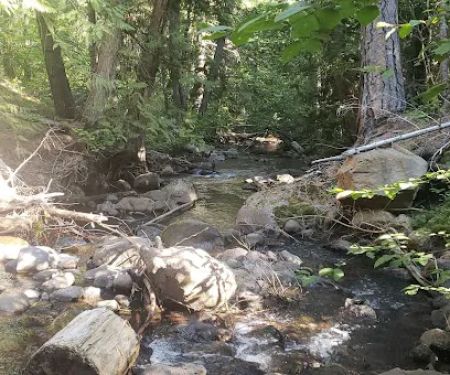 Stout Campground4.0 (1 reviews)
Stout Campground4.0 (1 reviews)Glenwood, WA 98619, USA
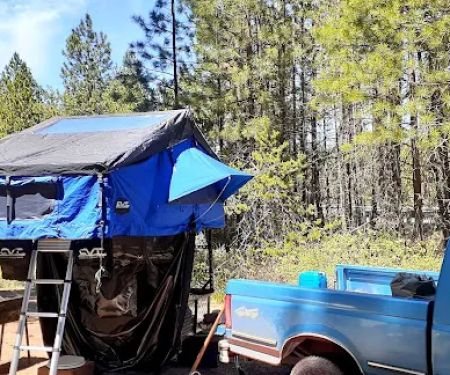 Outlet Creek Campground4.0 (3 reviews)
Outlet Creek Campground4.0 (3 reviews)Glenwood, WA 98619, USA
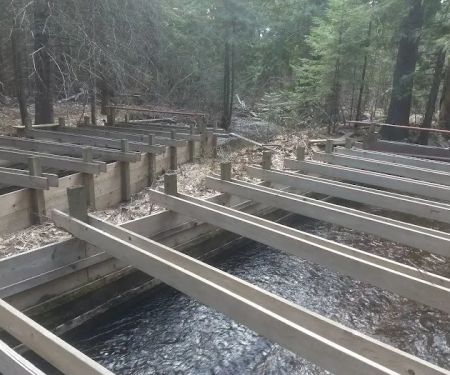 Blue Jay Campground3.0 (3 reviews)
Blue Jay Campground3.0 (3 reviews)Glenwood, WA 98619, USA
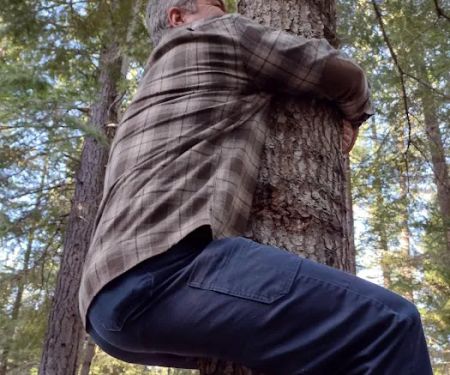 Bird Creek Campground4.0 (27 reviews)
Bird Creek Campground4.0 (27 reviews)Glenwood, WA 98619, USA
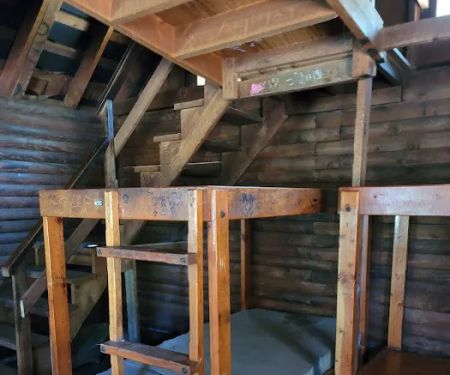 Island Campground4.0 (11 reviews)
Island Campground4.0 (11 reviews)Glenwood, WA 98619, USA
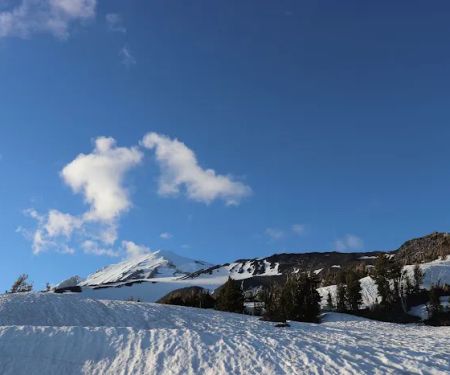 Lunch Counter4.0 (15 reviews)
Lunch Counter4.0 (15 reviews)Washington, USA
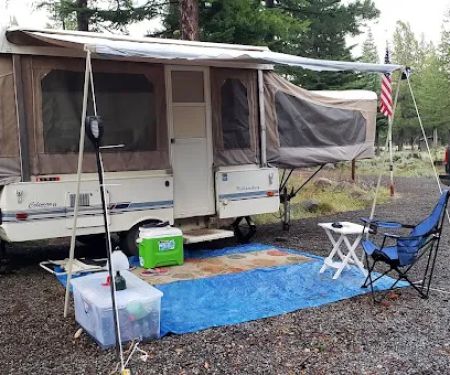 Tree Phones Campground4.0 (27 reviews)
Tree Phones Campground4.0 (27 reviews)Yakima, WA 98903, USA
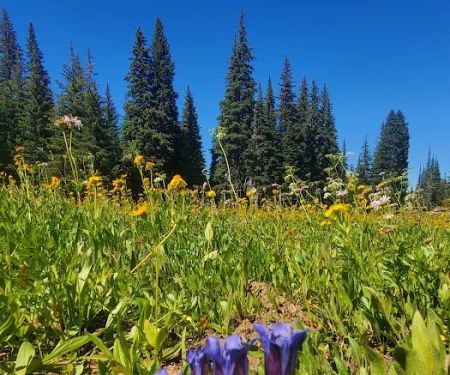 Clover Flats Campground4.0 (10 reviews)
Clover Flats Campground4.0 (10 reviews)Unnamed Road, Yakima, WA 98903, USA
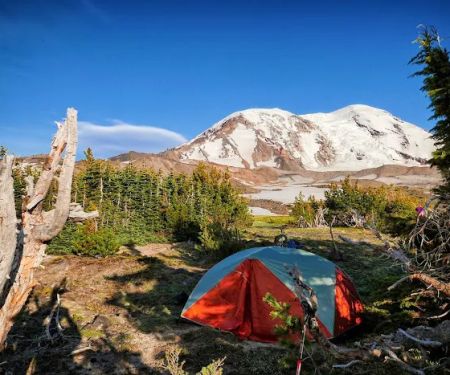 High Camp4.0 (9 reviews)
High Camp4.0 (9 reviews)High Camp Trail, Washington, USA
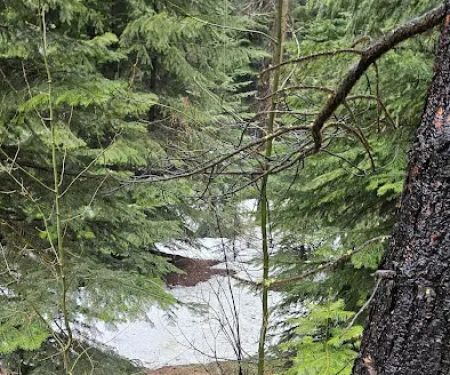 Ahtanum Meadow Campground4.0 (42 reviews)
Ahtanum Meadow Campground4.0 (42 reviews)Yakima, WA 98903, USA
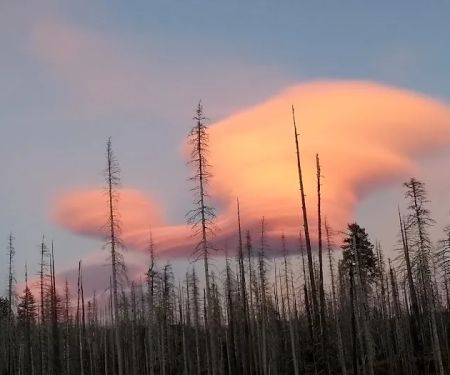 Morrison Creek Campground4.0 (19 reviews)
Morrison Creek Campground4.0 (19 reviews)NF-8040, Washington, USA
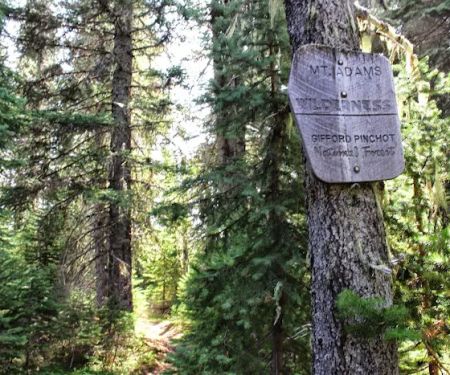 Muddy Meadows Campground5.0 (1 reviews)
Muddy Meadows Campground5.0 (1 reviews)Randle, WA 98377, USA
Categories
Top Visited Sites
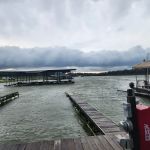 Home Grounds RV Park4.0 (30 reviews)
Home Grounds RV Park4.0 (30 reviews) Becky Lynn Mobile Home Park3.0 (23 reviews)
Becky Lynn Mobile Home Park3.0 (23 reviews)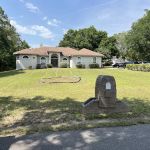 Guthrie Mobile Home Park3.0 (62 reviews)
Guthrie Mobile Home Park3.0 (62 reviews)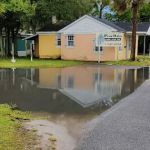 Pine Oaks2.0 (90 reviews)
Pine Oaks2.0 (90 reviews)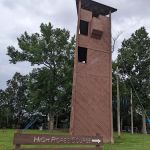 Hulaco Youth and Family Camp4.0 (38 reviews)
Hulaco Youth and Family Camp4.0 (38 reviews)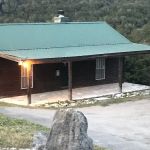 Lake Travis RV Park4.0 (22 reviews)
Lake Travis RV Park4.0 (22 reviews)Top Camping Searches
Trending The Campfire Posts
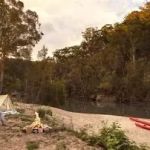 Find Hidden Camping Spots Off the Beaten Path | Expert Guide
Find Hidden Camping Spots Off the Beaten Path | Expert Guide How to Create a Campfire Ritual for Relaxation
How to Create a Campfire Ritual for Relaxation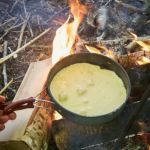 How to Make Campfire Pancakes Without a Pan
How to Make Campfire Pancakes Without a Pan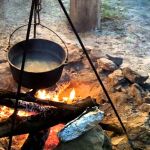 How to Use Campfire Heat for Survival Situations Safely and Effectively
How to Use Campfire Heat for Survival Situations Safely and Effectively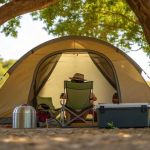 How to Camp Comfortably in Hot or Humid Weather
How to Camp Comfortably in Hot or Humid Weather How to Find Free or Low-Cost Campsites in the U.S. - Camp Spotter
How to Find Free or Low-Cost Campsites in the U.S. - Camp Spotter